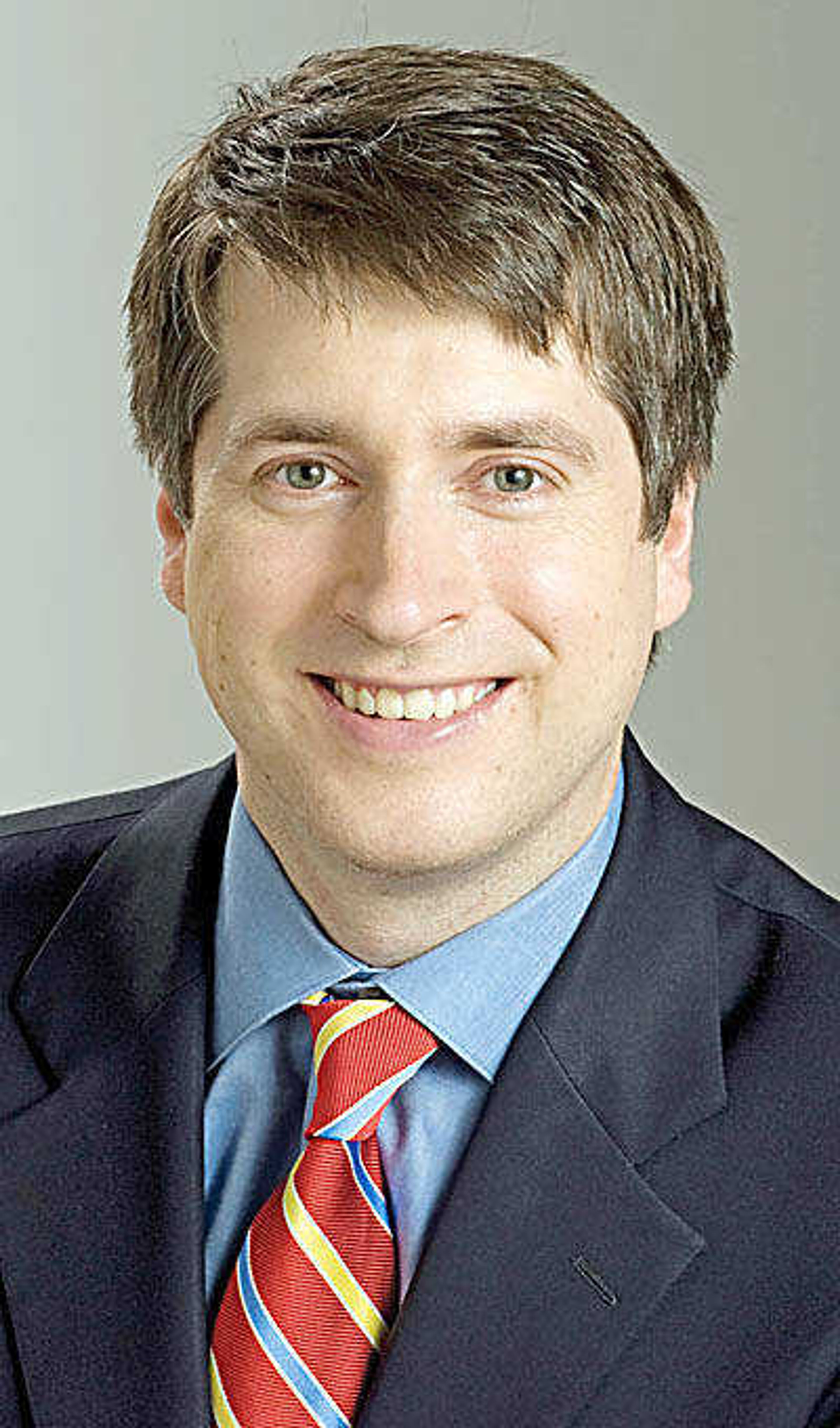Brett Kavanaugh is right about Wisconsin's ballot deadline
For now, Vladimir Putin has been supplanted as the chief threat to the integrity of the presidential election by an American in a black robe -- Brett Kavanaugh. The Supreme Court justice's concurrence in an Oct. 26 decision slapping down a district court's extension of a Wisconsin election deadline has been universally condemned by the center-left as a damning preview of an attempt by the court to hand the election to President Donald Trump...
For now, Vladimir Putin has been supplanted as the chief threat to the integrity of the presidential election by an American in a black robe -- Brett Kavanaugh.
The Supreme Court justice's concurrence in an Oct. 26 decision slapping down a district court's extension of a Wisconsin election deadline has been universally condemned by the center-left as a damning preview of an attempt by the court to hand the election to President Donald Trump.
Mark Joseph Stern wrote a piece for Slate titled, "Brett Kavanaugh Signals He's Open to Stealing the Election for Trump."
The New York Times reported that civil rights and Democratic Party lawyers viewed the concurrence "as giving public support to President Trump's arguments that any results counted after November 3 could be riddled with fraudulent votes."
According to Vox, the Supreme Court's decision shows that "American election law has entered a chaotic new world, one where even the most basic rules are seemingly up for grabs."
This all speaks to the inflamed state of Kavanaugh's critics days before a hotly contested election rather than to the merits of his concurrence, which is common-sensical and accords with a plain reading of the Constitution.
In the Wisconsin case, a federal district judge in late September tacked six days onto the state's deadline for receiving absentee ballots. It was this court that overstepped its bounds and interfered in Wisconsin's election, not Kavanaugh, who voted simply to restore the status quo ante.
Kavanaugh's argument that "the rules of the road should be clear and settled" before the election would seem obvious. Does anyone think it's better if they are confused and uncertain?
As Kavanaugh notes, a preference for rules established well ahead of time honors the so-called Purcell principle against late changes imposed by courts (the reference is to a 2006 case, Purcell v. Gonzalez).
More fundamentally, the Constitution entrusts state legislatures with writing election laws. Or, as Neil Gorsuch put it in his own concurrence, joined by Kavanaugh, "The Constitution provides that state legislatures -- not federal judges, not state judges, not state governors, not other state officials -- bear primary responsibility for setting election rules."
It's not that state rules must always stay fixed. The approach defended by Kavanaugh provides plenty of leeway for states, through their legislatures, to change how they handle their elections.
Is that so hard? In her dissent, sharply taking issue with Kavanaugh, Justice Elena Kagan makes policy arguments for why an extension of Wisconsin's deadline is preferable. Fine, but the right way for her to bring laxer election rules to Wisconsin is to run for its legislature.
Kavanaugh has been mocked for saying that late-arriving ballots could "potentially flip the results of an election." There's no "result" to flip until all the ballots have been counted, right? But Kavanaugh clearly meant "results" in a loose sense; he's referring to the change from one candidate leading on election night to another candidate pulling ahead.
Kavanaugh sees the wisdom of states -- in order to avoid a drawn-out count that fuels suspicions about the process -- wanting "to be able to definitely announce the results of the election on election night." Critics jumped on him for this, too. The Times asserted that this view "misconstrues the voting process, where official results often are not fully tabulated for days or even weeks after an election."
Actually, Kavanaugh misconstrued nothing. In the next sentence, he referred to states, after all the votes are counted, beginning "the process of canvassing and certifying the election results."
The reaction to Kavanaugh's concurrence serves to underline its basic soundness. Now that we are days away from an election, each party strongly believes that it knows what rules favor it, making for highly charged, last-minute court fights that should have been taken up in democratically elected legislatures months ago.
Kavanaugh is being set up as the boogeyman of any nasty postelection court battles that he'd prefer didn't happen at all.
Connect with the Southeast Missourian Newsroom:
For corrections to this story or other insights for the editor, click here. To submit a letter to the editor, click here. To learn about the Southeast Missourian’s AI Policy, click here.










